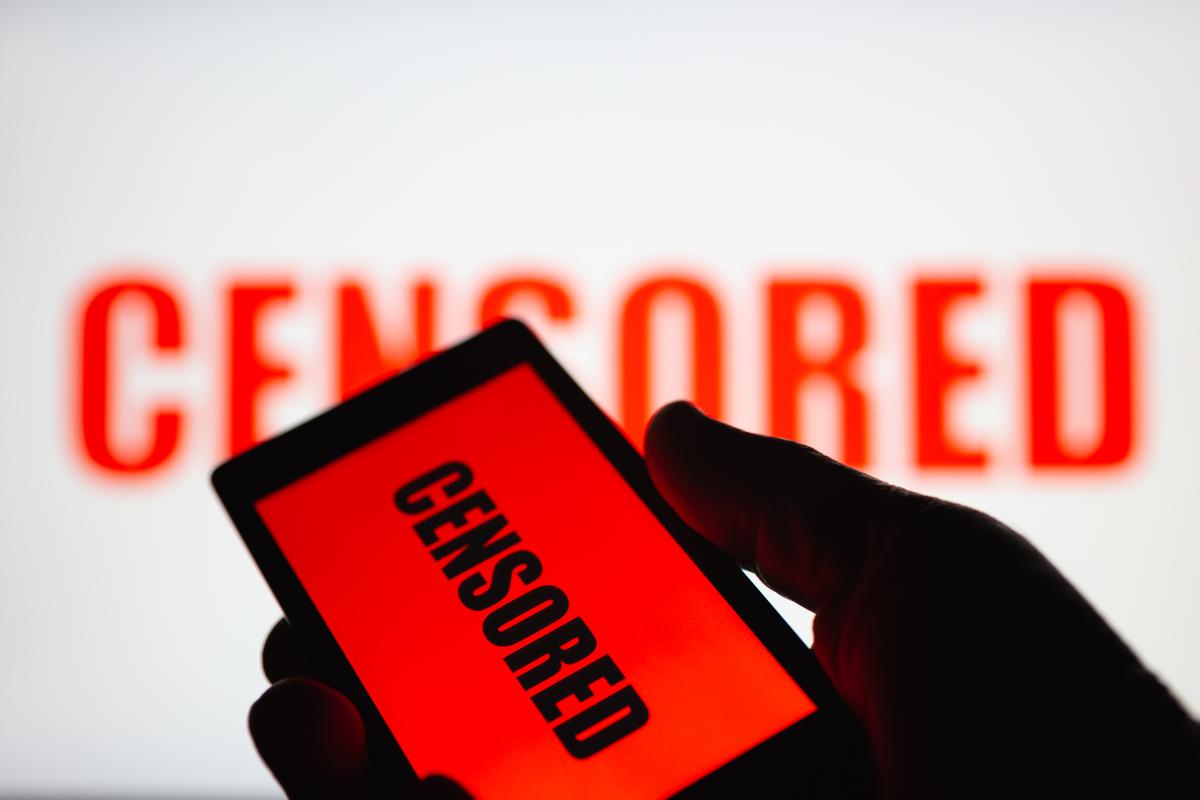States
State Legislative Standards Verification System Coded By A Florida Media Specialist

State Legislative Standards Verification System Coded
Recent occurrences in many American states have emphasized the sensitive topic of book selection and library policy in educational institutions amid a conflict over literary standards and censorship.
Alachua County’s media expert, Patty Duval, spent six months designing a system to guarantee school library books meet the state’s strict regulations, including the Parental Rights in Education Act.
The High Plains Library District awarded former librarian Brooky Parks $250,000 in a settlement in Colorado. The payment ended a complex civil rights lawsuit that began in 2021 when Parks was fired from the Erie Community Library for conducting programs on anti-racism and LGBTQ history for teens, sparking outrage from the district’s board of directors.
Community residents and Education Law Center attorneys oppose a library book policy change in Pennsylvania’s Blackhawk School District. Critics say the modifications have made it simpler for district residents to complete student book access.
In Wisconsin, the Menomonee Falls School District banned 33 books for having sexually explicit or profane language, claiming a new policy. Parents objected.
The newly constituted Charlotte-Mecklenburg Schools review panel in North Carolina approved Jodi Picoult’s “Nineteen Minutes” and Patricia McCormick’s “Sold” in Ardrey Kell High School’s library, citing their instructional value despite concerns.
Following charges of staff manipulation in book removal, the Pennridge School District in Perkasie was compelled to provide library records and pay legal expenses, favoring parent Darren Laustsen’s persistence.
The Greenville Library System in South Carolina prohibits displays of cruelty, violence, or graphic content and allows them only on government-recognized holidays. Politically inflammatory or inappropriate items may be removed by the executive director.
In contrast, in Easthampton, Massachusetts, city councilors unanimously passed two resolutions: one supporting the Easthampton Public Library’s mission to provide a diverse range of uncensored resources and the other denouncing book banning and threats to educational freedom of expression.
These examples demonstrate the persistent conflict between censorship and literary expression in public education, raising problems about the delicate balance between community norms and intellectual advancement.
A Colorado Librarian’s Controversial Firing Sparks Discrimination Debate.
After Brooky Parks was fired as a librarian at the Erie Community Library in Colorado, racial discrimination has come up. Parks, who promoted anti-racism and LGBTQ history programs for teens, was embroiled in controversy. Her firing sparked a heated debate about racial prejudices and the suppression of educational talks about equality and tolerance. The High Plains Library District’s $250,000 settlement resolves Parks’ case, but it highlights the complicated issues of workplace racial sensitivity and fairness.
Pennsylvania District Faces Racist Book Removal Allegations
The recent Pennridge School District court judgment in favor of parent Darren Laustsen has revealed probable racial prejudice in the school’s library system. Laustsen’s fight for openness and accountability uncovered staff manipulation and cover-ups of book removals, raising questions about the district’s commitment to inclusive and varied learning. The argument has highlighted the need to protect racial literature and tackle systematic racial prejudices in educational institutions.
Read Also: Scholastic Reconsiders Isolating Race And Gender Books At Book Fair
Concerned About Racial Sensitivity, South Carolina Library Implements Stringent Display Policy
The Greenville County Library System’s strict display policy has sparked discussions about racial sensitivity and library diversity. The policy prohibits cruelty, violence, and explicit content to make libraries safe and welcoming for everyone. However, this may affect the portrayal of works about racial prejudice and the Black experience. The debate continues over balancing patron protection and access to diverse perspectives and experiences, including racial justice and equality, with the executive director’s authority to remove politically charged or unsuitable materials.
North Carolina’s Upheld Novels Show Curriculum Racial Relevance
Jodi Picoult’s “Nineteen Minutes” and Patricia McCormick’s “Sold” were retained on Charlotte-Mecklenburg Schools’ library shelves, sparking discussions about the critical inclusion of racial literature in education. The review panel’s judgment underlines the educational and social value of literature that addresses racial intricacies and social justice themes despite opposition to these works. The event emphasizes the necessity of reading narratives that promote critical thinking and empathy to comprehend racial dynamics and experiences in varied communities.
Wisconsin School District’s Book Ban Sparks Racial Representation Debate
After the Menomonee Falls School District banned 33 books for having sexually explicit or profane content, complaints were raised regarding the absence of works on race in schools. The district’s policy on graphic content shows its dedication to suitable instructional resources, but the lack of clarity on racial discrimination and Black experience literature has garnered criticism. As book selection and censorship discussions continue, the incident emphasizes the need to include literature that promotes open discourse and critical analysis of racial problems and historical views in school curricula.
Massachusetts City Council’s Opposition To Book Bans Encourages Racial Diversity In Education
The Easthampton, Massachusetts, municipal council’s overwhelming support for the Easthampton Public Library’s goal and resistance to book banning has spurred discussions about racial inclusion and varied viewpoints in education. The council’s resolutions reflect a growing commitment to open dialogue and critical engagement with diverse narratives, opposing any form of censorship that may restrict access to literature on racial discrimination and social justice. The Easthampton incident highlights the importance of literature in promoting understanding, empathy, and knowledge of racial challenges and experiences as communities strive for inclusive education.












You must be logged in to post a comment Login